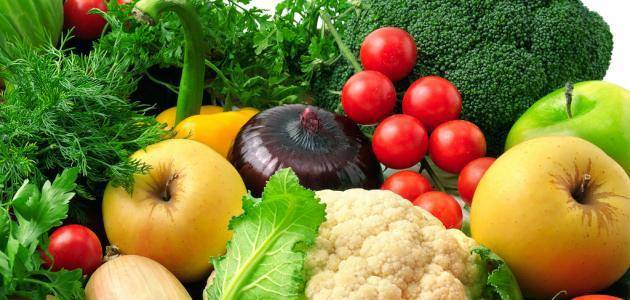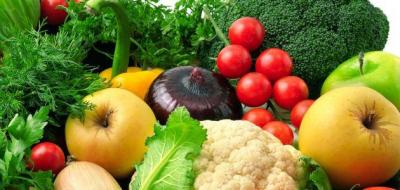We often struggle to keep fruits, vegetables, and herbs fresh for a reasonable amount of time and to prevent them from spoiling quickly if left uneaten. According to "Science Alert," fruits and vegetables spoil rapidly due to ongoing biological processes even after harvesting. These processes include respiration, which is the production of energy from stored carbohydrates, proteins, and fats, releasing carbon dioxide and water vapor. Fresh products also spoil due to various microbes, which may be harmless or those that can cause illness.
Experts suggest several ways to combat food waste and keep products fresh for longer, starting with the farm. Farmers aim to harvest products when they are in optimal condition, but pre- and post-harvest factors can affect freshness and quality even before purchasing. Pre-harvest factors include climatic conditions, soil type, and water availability, while post-harvest factors include washing, cleaning, transportation, distribution, processing, packaging, and storage.
Consumers are advised to pay attention to products that have bruises or are damaged, as moisture loss through damaged skin accelerates decay and nutrient loss. Additionally, damage makes it easier for spoilage-causing microbes to enter. Regarding washing these products, study author Sinaka Ranadiyera, an associate professor from the University of Melbourne, states that there is no need to wash them before storage. If you wash your produce and cannot dry it completely, the added moisture may accelerate spoilage in the refrigerator. However, products should be washed just before use to remove dirt and pathogens.
While there is some evidence that baking soda can remove pesticide residues from the surface of certain products, it is not recommended for home use. There are three storage options: on the countertop, in the refrigerator, or in a "cool, dry, dark place," like a pantry. Experts recommend storing bananas, onions, garlic, potatoes, and pumpkins in a dark pantry or cupboard. Potatoes and onions should not be stored together, as onions produce a gas called ethylene that causes potatoes to spoil more quickly.
Fruits such as apples, pears, avocados, and bananas should not be stored together, as these fruits emit ethylene gas during ripening, accelerating their ripening and spoilage. Apples and citrus fruits can be stored together in the refrigerator. All leafy vegetables, carrots, cucumbers, and cauliflower should be stored in the low-humidity drawer of the refrigerator, ideally in perforated plastic bags to retain moisture and allow airflow. Most herbs and some leafy vegetables, like celery, green onions, and asparagus, can be kept fresh by storing their stems in water.




